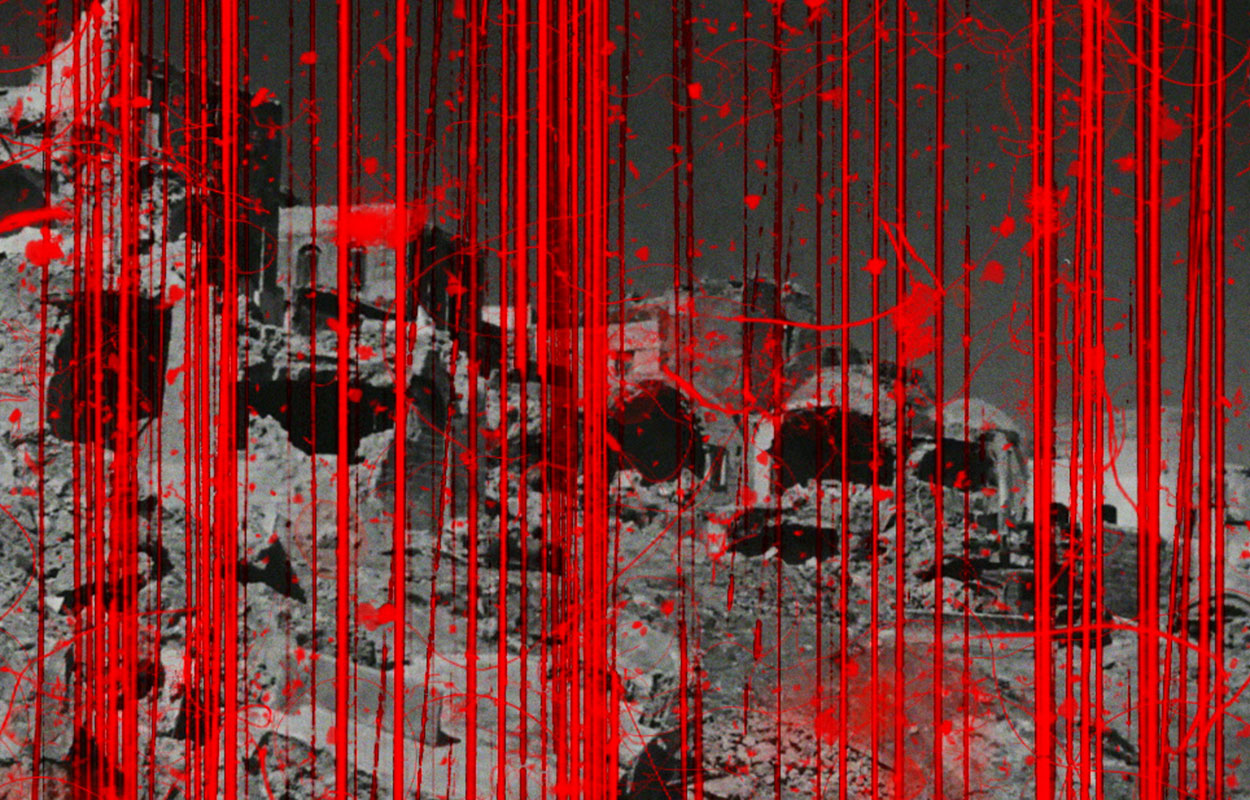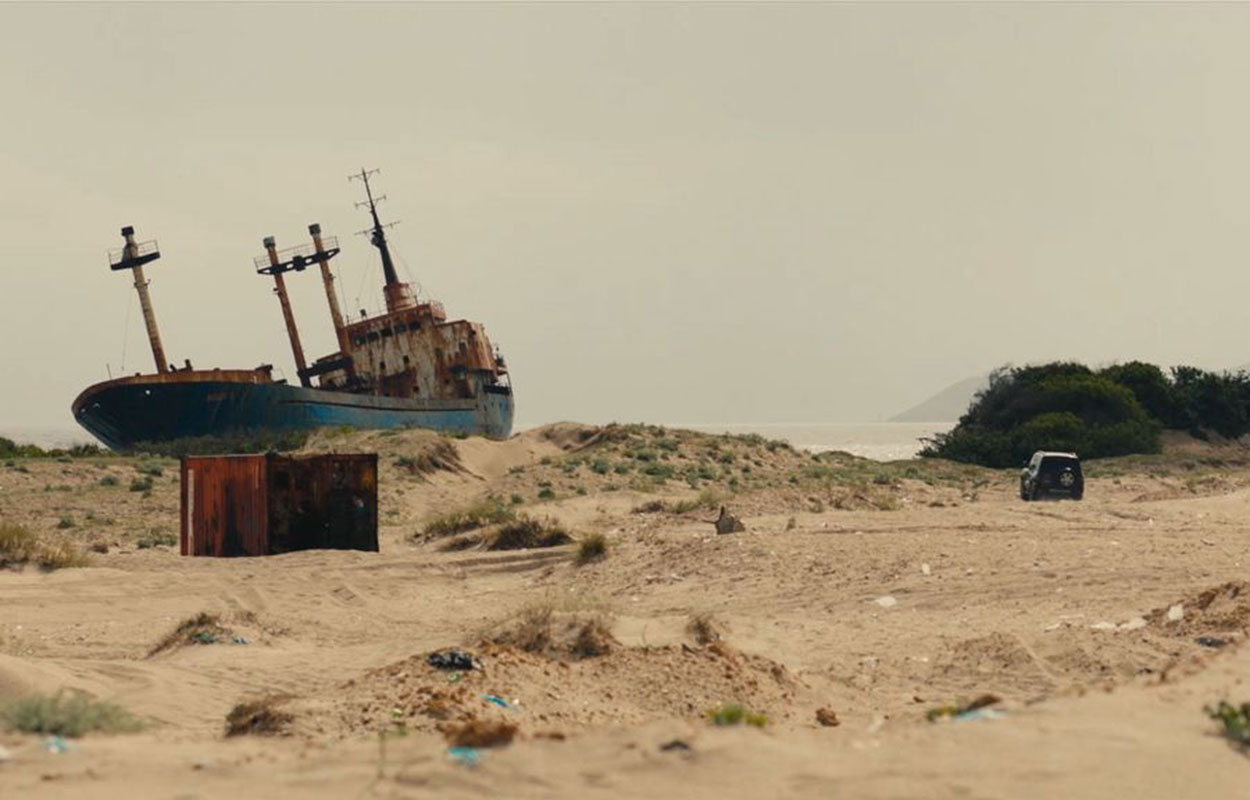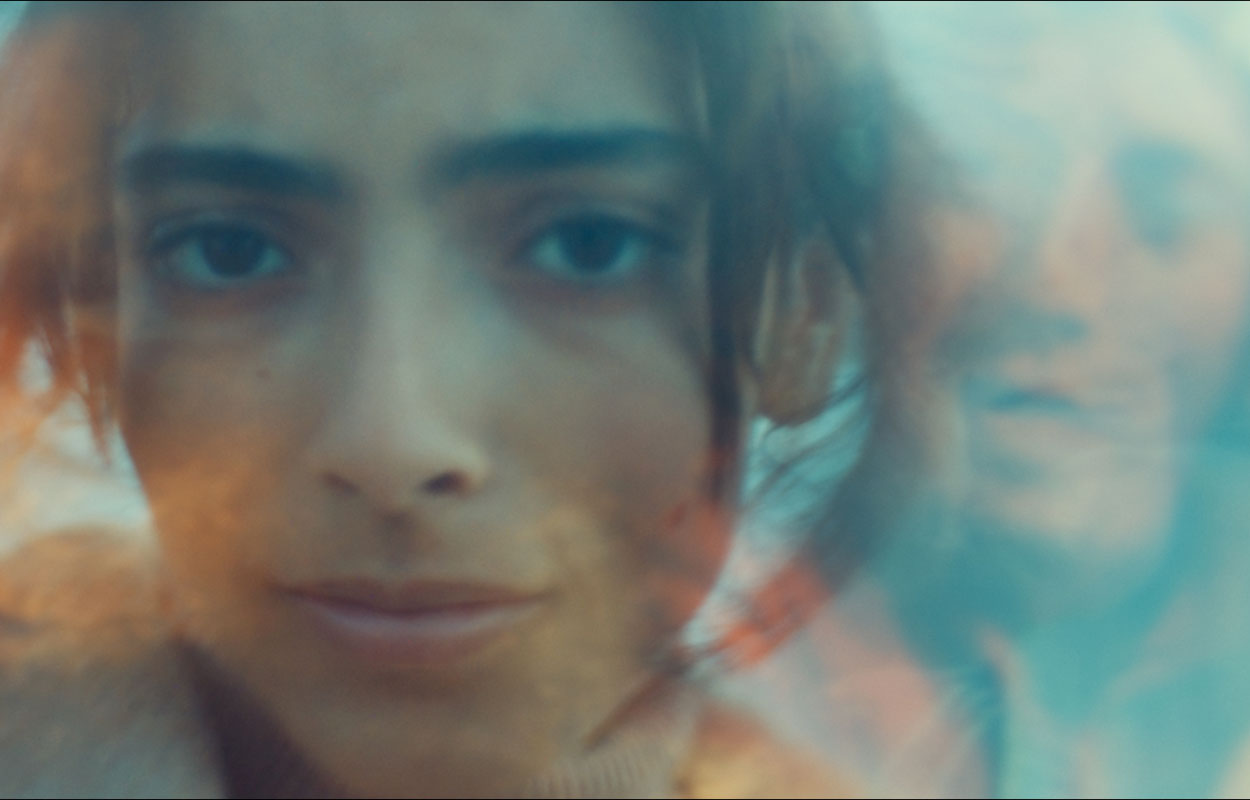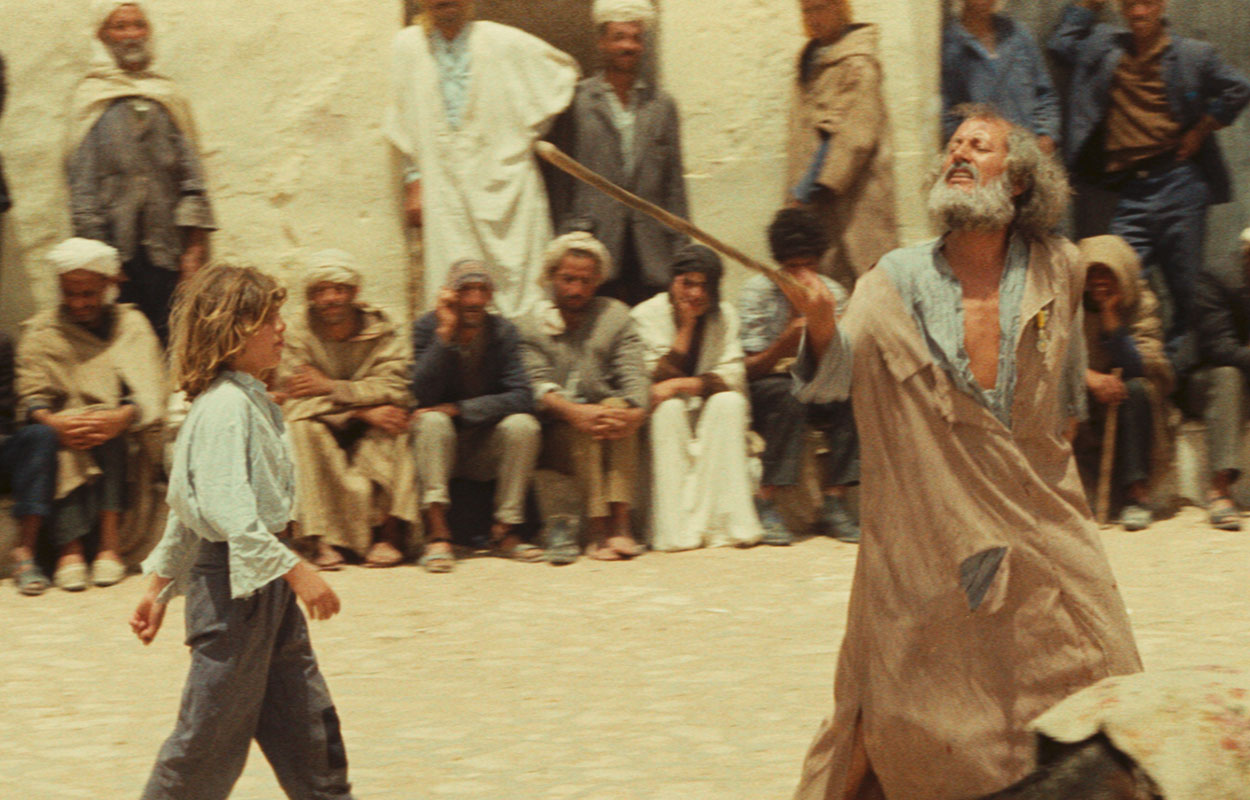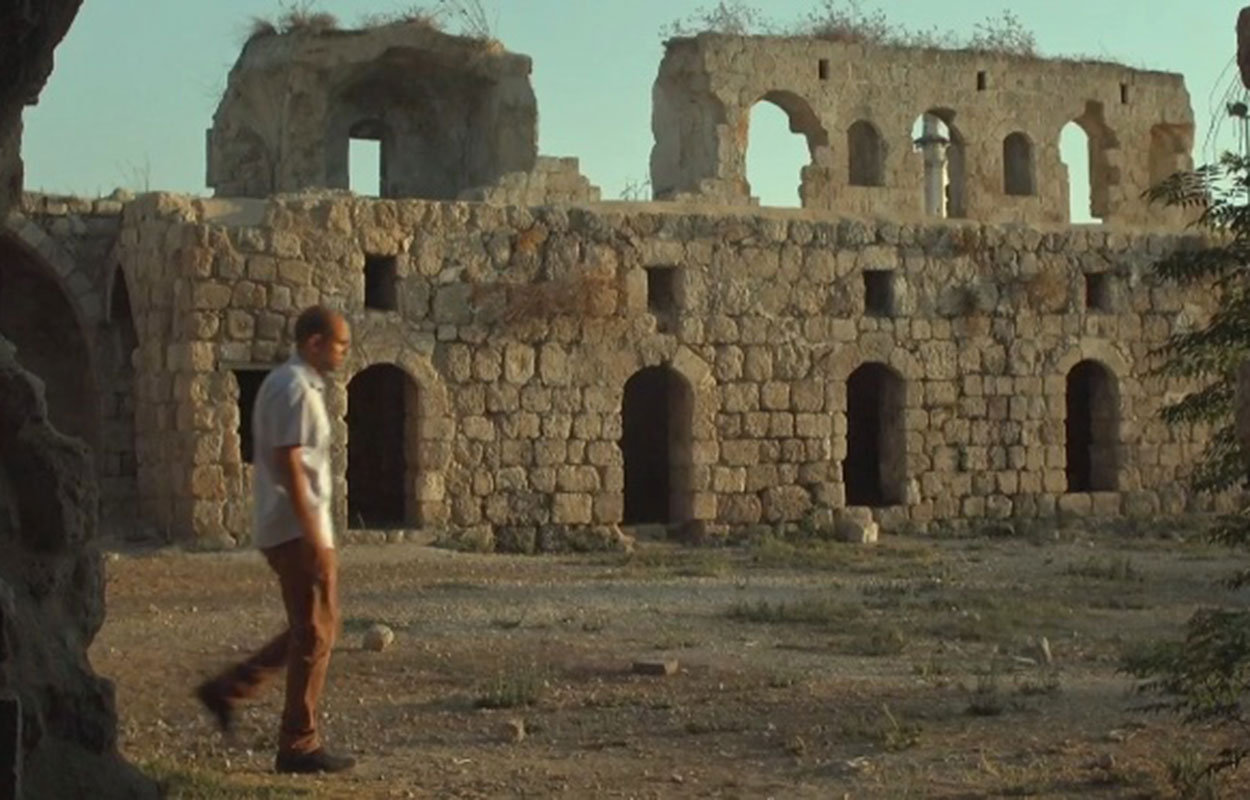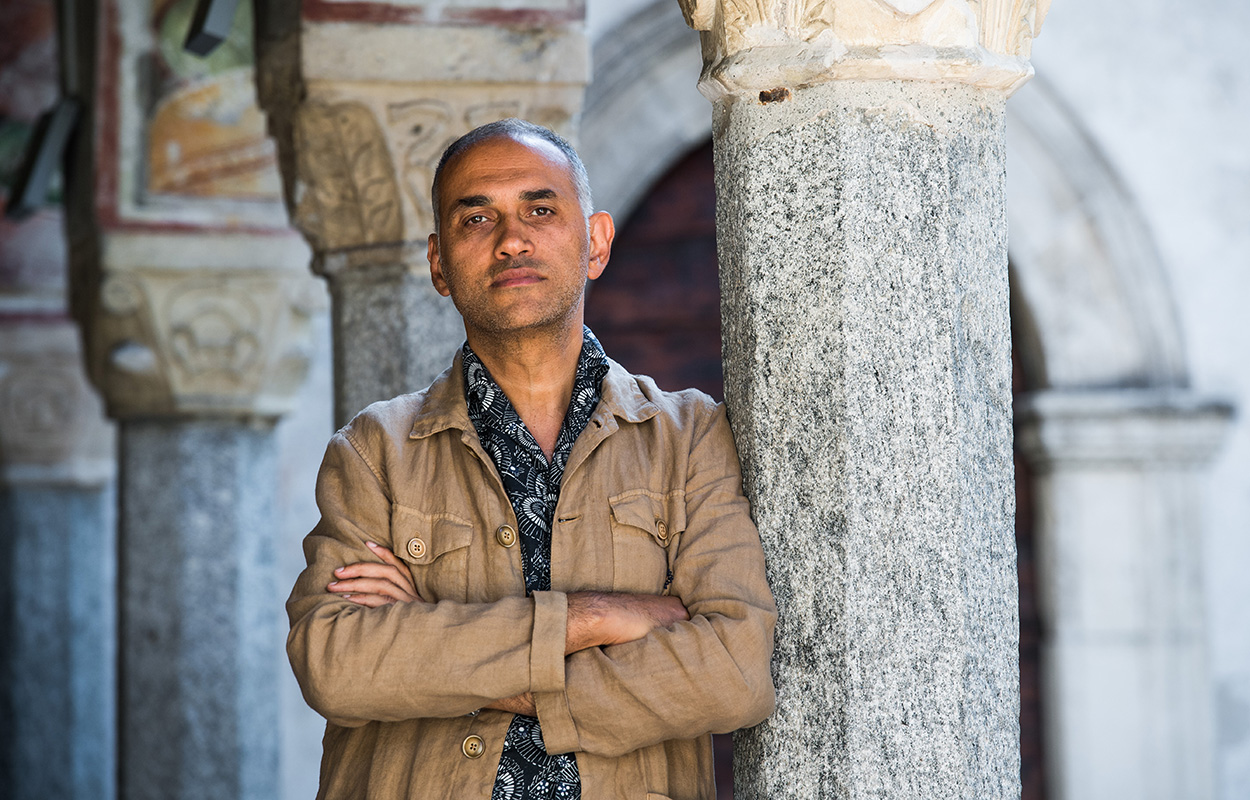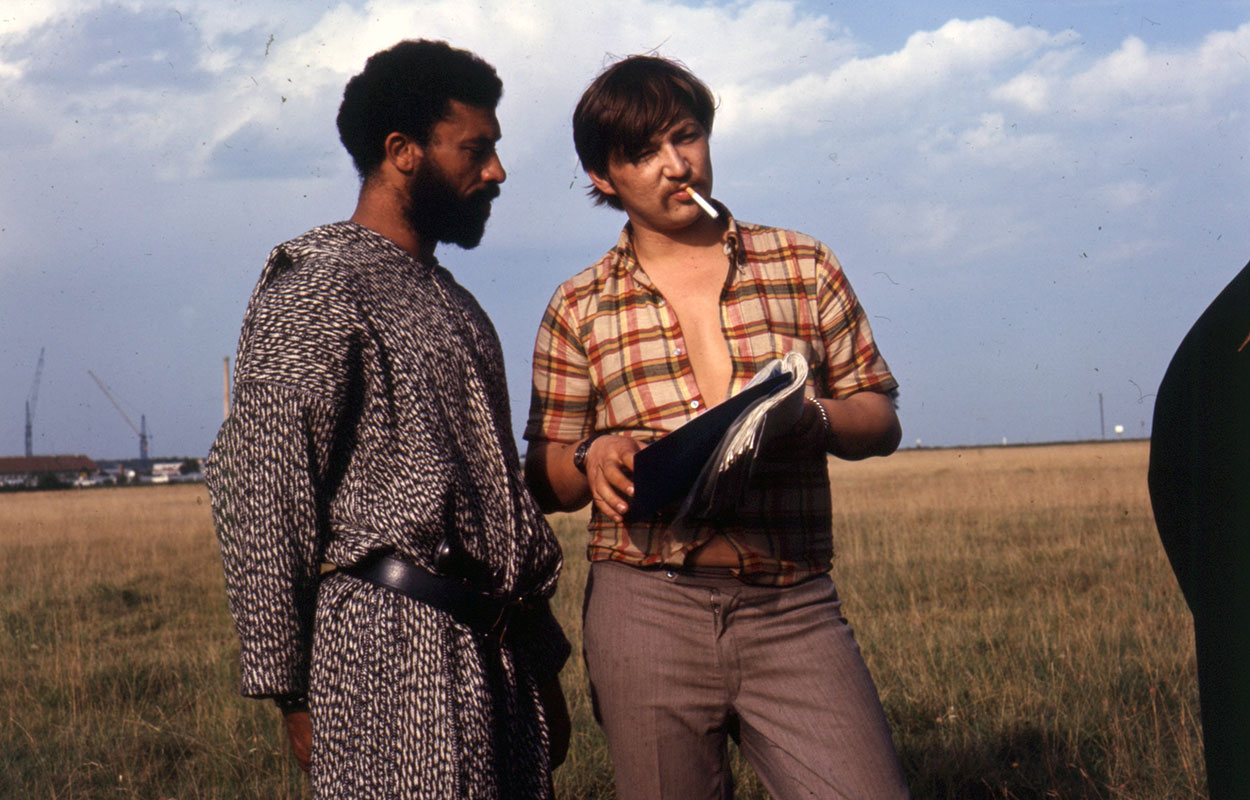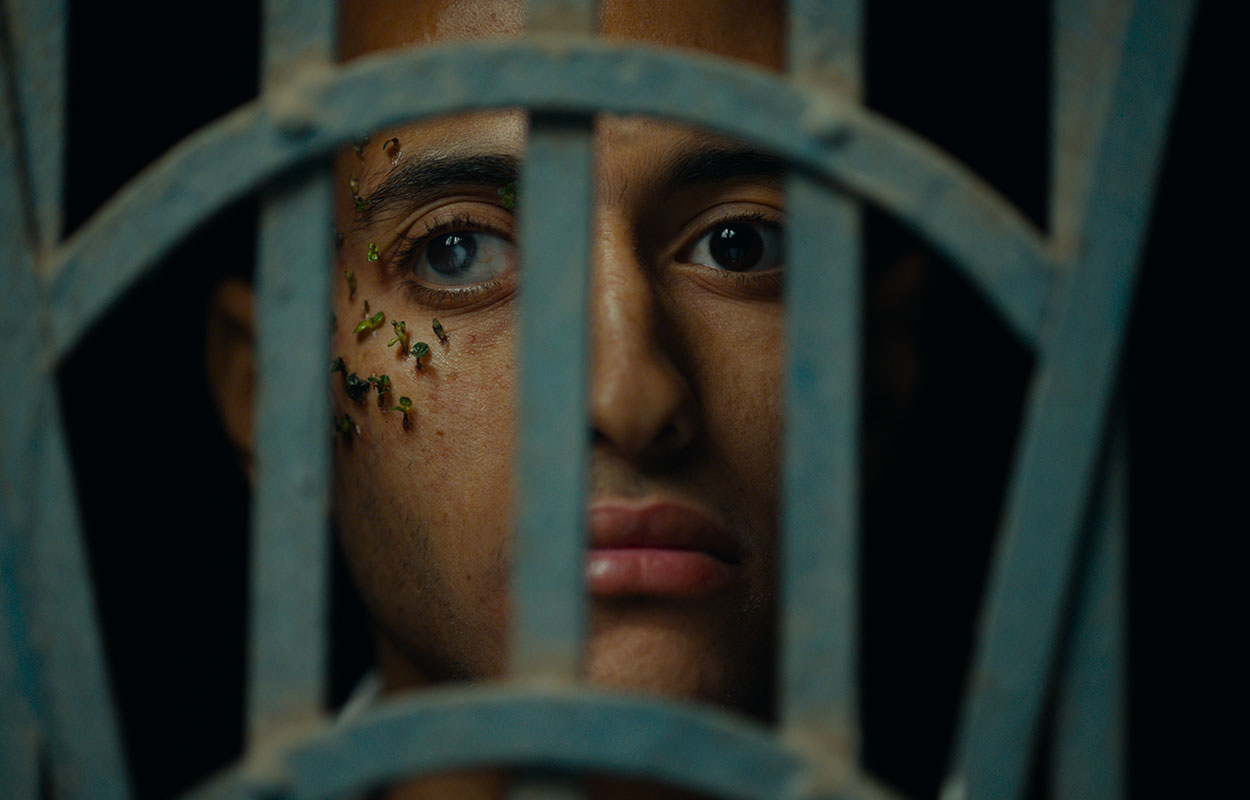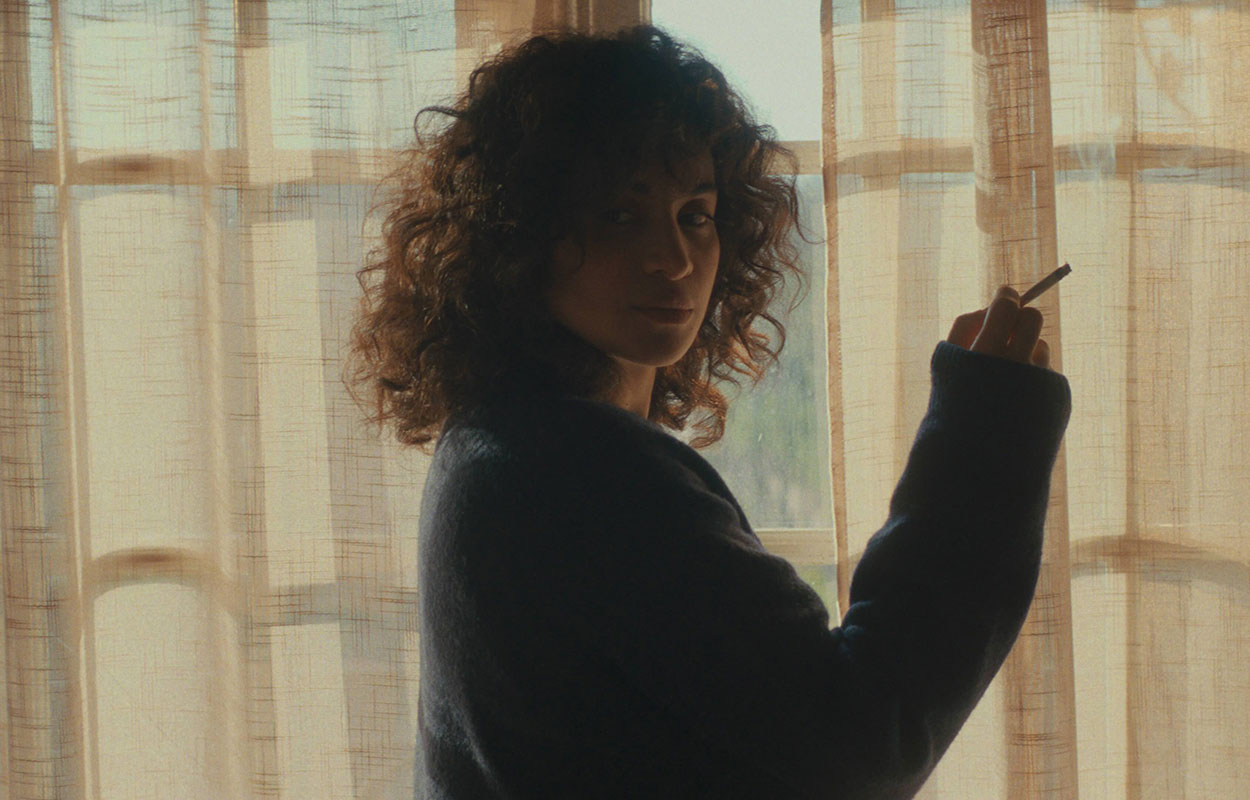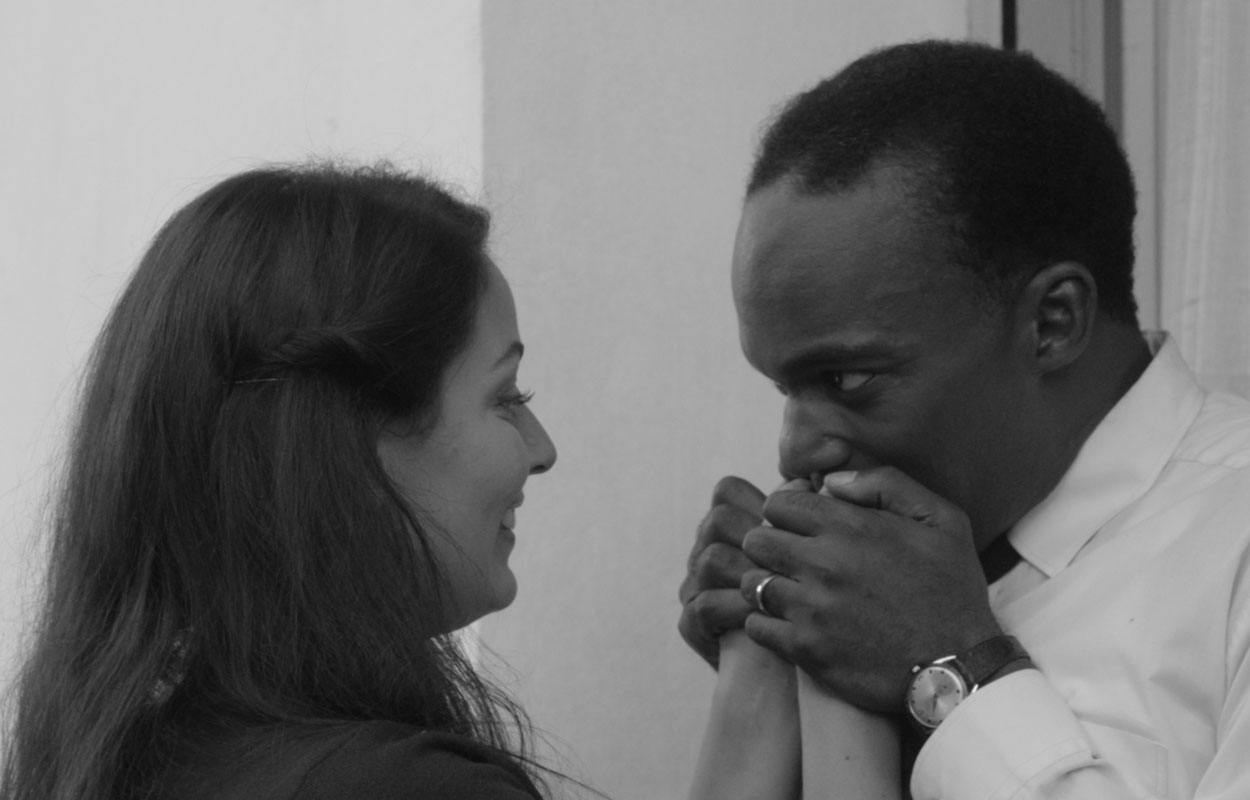Canceled Futures, Endless Pasts.
Speculative Fiction on and Archival Subversions of the (Post)colonial Condition.
To reduce colonialism in connection with Arab societies to a linear recollection of familiar historical episodes – occupation, resistance, liberation, an epilogue on the lingering remnants of the colonial past, perhaps faded with time – is to oversimplify its complexities. Colonialism in the region is not a past we recall with the agony of loss tempered by the pride of national restoration. Instead, it is a present masquerading as the past, a tapestry of canceled futures that await to be reclaimed, so that they might be rendered livable.
As anthropologist and historian Ann Laura Stoler has remarked, “colonial entailments do not have a life of their own. They wrap around contemporary problems [… as far as] they may lose their visible and identifiable presence in the vocabulary, conceptual grammar, and idioms of current concerns.” From this perspective, and given the pervasive entanglement of the colonial past with the very present it supposedly precedes, attempting to unwrap coloniality from the course of things—the modes of life, sociability, and political economy of the region—seems unfeasible without questioning these very modes themselves. What could our existence have been otherwise?
ALFILM Spotlight’s program for the 16th edition presents a selection of films, many of which are recent productions and each of which—albeit in divergent styles and contexts—poses that same question while addressing the predicaments of the Arab region and its inhabitants. Whether through speculative fiction and ventures into magical world-building or subversive interventions into archival material that unravels the occlusions and lapses underpinning dominant narratives and images, the films in this program invite us to contemplate and critically engage with coloniality and its legacies in a different light. They do so not merely by representing the realities shaped by the lives and afterlives of colonialism—exploitation, dispossession, injustices, oppressive regimes and racist violence— but by subverting the inevitable realities forged by coloniality, unsettling what we have long established as normal. The (post)colonial condition is omnipresent across the films of this Spotlight program, but instead of being taken for granted, it is challenged and reimagined at every turn, inviting the emergence of new worlds. A common denominator here is namely the embrace of futurity as a mode of critically narrating and engaging with present conditions, rather than merely lingering on the ruins of the past.
***
In Silent Storms (2024), Franco-Algerian filmmaker Dania Reymond depicts a mysterious yellow dust rising from a rural plain where atrocities of French colonialism, as well as the ensuing civil war took place. In this unnamed land that strongly resembles Algeria, the dust will soon transform into raging sand storms that sweep the country, heralding a natural catastrophe. Meanwhile, the dead return—or refuse to depart—awakening the spectres of an unresolved, violent past. Can the present reconcile itself with the past? Can the living endure a life haunted by those who have returned from death?
In a similar vein, three revenants resurface in a remote Tunisian town in Agora by Ala Eddine Slim (2024). Their peculiar return—or rather, their insusceptibility to final and definite death—unsettles the inhabitants, their families, and the authorities. Only animals seem to grasp the essence of what is happening. The mystery surrounding their presence—neither truly alive nor dead—seems to function as a political commentary on Tunisia’s suspended present, a nation trapped in its postcolonial trauma. In Perfumed with Mint (2024), the debut feature of Egyptian filmmaker Muhammad Hamdy, we traverse a surreal universe of shadows and shrines, witnessing the afterlives of the dead as mint patches growing on the bodies of their relatives. It is never clear whether what we see is the beyond, the hallucinations from a hashish cloud, or a vision of the living world perishing under the forces of fear. The allusion to the plight of Egyptians—after a vanquished revolution and under the grip of an omnipotent regime of fear that merely replaces one face of tyranny with another—remains a tangible thread within the peculiarities that unfold.
In Animalia (2023), the debut feature of French-Moroccan director Sofia Alaoui, Oumaïma, the main protagonist, awaits the birth of her child in a world itself on the threshold of a new birth—one where humans and nonhumans are interconnected, and nature regains its mastery by invoking the supernatural. Here, the postcolonial appears poised to transcend its coloniality, as the posthuman comes to the fore. In Lyd (2023) by Sarah Ema Friedland and Rami Younis, the Palestinian city recounts its own history—from the flourishing era under Ottoman rule, through the thriving modernization process of the early 20th century, all the way to the British occupation that was followed by the Nakba, and the subsequent massacres and waves of displacement. The film alternates between the city’s history, its present, and an animated counterfactual history—a speculative account of what the city might have become if colonialism had never occurred. A Fidai Film (2024) by Kamal Aljafari also attempts to construct an account of Palestine before and after the Nakba—not necessarily by imagining a precolonial condition, as is the case in Lyd but rather by overriding the colonial image, by hijacking its narrative, and forging a counter-archive that dwells on subverting—if not sabotaging—a multifaceted collection of footage authored by power. Based on his journey with this film and his earlier projects, Kamal Aljafari will also give a masterclass, reflecting on the possibilities of decolonial approaches of dealing with archival material.
True Chronicles of the Blida Joinville Psychiatric Hospital in the Last Century, when Dr Frantz Fanon Was Head of the Fifth Ward between 1953 and 1956 (2023) is a fictional adaptation of the biography of Frantz Fanon (1925–1961), a prominent key figure of the decolonial movement. Based on archival research, documentary films, and interviews with contemporary witnesses, director Abdenour Zahzah focuses on the time Fanon spent working at a psychiatric clinic in Blida, Algeria. The film highlights how Fanon’s confrontation with colonial psychiatric practices influenced his later struggle against racism and for decolonization. The film, in black and white with an extraordinarily long title, mimics the language of historical archival footage while simultaneously infusing it with a breath of fiction that only reaffirms its contemporary resonance. On a different note, Hiding Saddam Hussein by Halkawt Mustafa recounts the extraordinary hunt for the former Iraqi dictator by American occupation forces, shedding light on the neo-colonial politics that have fractured Iraq’s social fabric for decades.
Aside from recent productions, the Spotlight program features two special screenings. The first adopts a decolonial approach, reversing the gaze onto German cinema and its more recent history, while the second pays tribute to a classic landmark of anti-colonial Arab cinema. In the documentary My Name is Not Ali (2011), Viola Shafik retraces the forgotten backstory of one of the most iconic films of Rainer Werner Fassbinder’s filmography Angst essen Seele auf (1974). While Fassbinder’s film is often hailed as pioneering in addressing migration and post-war racism in Germany, Shafik presents a counter-narrative by exploring the tragic life of its lead actor, El Hedi Ben Salem. Her documentary unravels shocking episodes that expose the pervasive racism, abuse, and exploitation also present within the leftist film scene in West Germany.
In Chronicle of the Years of Fire (1975), Mohammed Lakhdar-Hamina depicts an epic saga of the Algerian revolution against French colonialism. It is the first — and so far only — Arab film to win the Palme d’Or at Cannes. Lakhdar-Hamina described his work as an attempt to “recount, with dignity and nobility, this uprising that then became the Algerian Revolution[…] an uprising not only against the colonizer, but against a certain human condition.”

